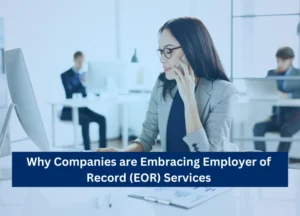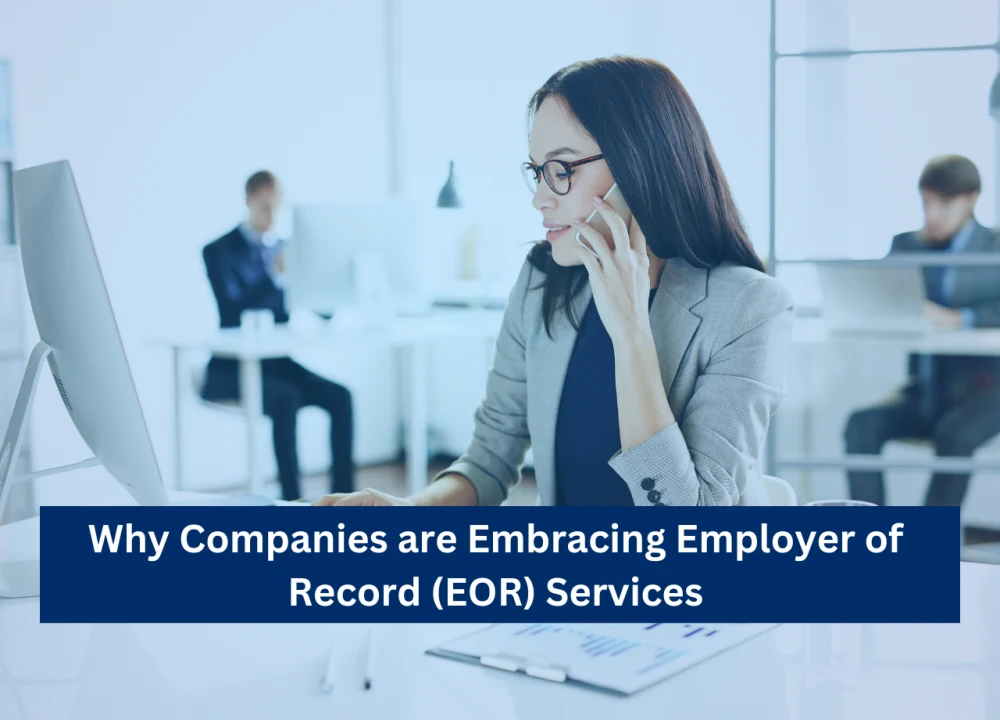The content below discusses the importance of job satisfaction in promoting employee well-being and organizational success. It examines how job satisfaction can influence an individual’s motivation, engagement, productivity, and overall performance and how it can significantly impact both the individual and the organization. The blog post will delve into the psychology behind job satisfaction, exploring the various factors contributing to it and how it can be enhanced to ensure a more fulfilling and rewarding work experience.
The Psychology of Job Satisfaction
People’s feelings about their job and work environment are job satisfaction. Work assignments, social connections with colleagues, support from management, opportunities for growth, and the work culture contribute to job satisfaction. Employers and managers should understand the emotional factors that shape job satisfaction to create a work environment that is satisfying and motivating.
Intrinsic Motivation
Employees tend to be happier in their jobs when they find the work itself rewarding. This prospect can be possible because they feel a sense of pride in what they accomplish, enjoy taking control of their tasks, or feel like they’re becoming experts in their work. To increase job satisfaction, employers can encourage this kind of internal motivation by setting goals that challenge employees without overwhelming them and allowing employees to have a say in how they go about their work.
Extrinsic Rewards
It is essential to acknowledge that both intrinsic motivation and extrinsic rewards impact job satisfaction. Competitive salaries, bonuses, and recognition acknowledge employees’ efforts and contributions. However, it’s crucial to find a balance between what motivates them internally and externally, as solely relying on external incentives may not lead to sustained job satisfaction in the long run.
Work-Life Balance
A balanced work and personal life is an essential factor affecting job satisfaction. Workers who feel they have control over their time and can balance work responsibilities with personal ones tend to be more content with their jobs. Employers can support this balance by offering flexible work arrangements, promoting time management skills, and encouraging employees to disconnect from work outside of working hours.
Job Design and Variety
The design of their role significantly influences the satisfaction an employee gets from their job. Jobs that offer variety, opportunities for skill development, and meaningful tasks are more likely to result in higher job satisfaction. Employees appreciate roles that allow them to use their strengths and contribute to the organization. To enhance job satisfaction, job enrichment strategies like job rotation, task expansion, and skill training can add depth and interest to employees’ roles.
Social Relationships at Work
Positive social interactions and supportive relationships at work contribute to job satisfaction. Employees feeling valued and connected fosters a sense of belonging, camaraderie, and teamwork. Employers can encourage collaboration, open communication, and team-building activities to promote social relationships. Fostering a culture of appreciation and respect creates a positive work environment.
The Impact of Job Satisfaction
Job satisfaction benefits not only employees but also organizations in a significant way. Here are some of how job satisfaction affects both individuals and organizations:
Employee Engagement and Retention
Happy employees are more involved in their work, which leads to increased productivity, creativity, and innovation. Happy employees are also more likely to stay with the organization, which reduces turnover rates and the associated costs of hiring and training new employees.
Customer Satisfaction
Happy employees tend to provide better customer service, which leads to positive interactions with clients and customers. This prospect improves customer satisfaction and loyalty, allowing businesses to grow and succeed.
Organizational Reputation
A happy and motivated workforce is beneficial to a company’s reputation. It helps to attract top talent, improve employer branding, and create a positive image for the industry and stakeholders.
Overall Performance
Employee job satisfaction plays a vital role in an organization’s overall performance. When employees are content with their work, they become more dedicated to achieving the company’s objectives, which leads to higher efficiency, profitability, and long-term growth.
Strategies for Enhancing Job Satisfaction
Based on the psychological factors discussed, here are some strategies organizations can implement to enhance job satisfaction among employees:
- Provide meaningful work: Ensure job roles are challenging, meaningful, and aligned with employees’ skills and interests.
- Offer competitive rewards: Provide competitive salaries, benefits, recognition programs, and opportunities for career advancement.
- Promote work-life balance: Offer flexible work arrangements, promote wellness programs, and encourage time management practices.
- Foster positive relationships: Encourage teamwork, open communication, and feedback, and create a supportive work culture.
- Invest in training and development: Provide opportunities for skill development, training, and continuous learning to enhance job enrichment.
Conclusion
Organizations must comprehend the psychological aspects that contribute to job satisfaction—creating a positive work environment that offers employees a sense of motivation, engagement, and fulfillment. Organizations can achieve this by addressing intrinsic and extrinsic motivators, promoting work-life balance, designing meaningful and relevant job roles, fostering positive relationships, and investing in employee development. By enhancing job satisfaction, organizations can improve individual performance, ultimately leading to overall organizational success.
For more: visit https://optizmglobal.com/blogs/












